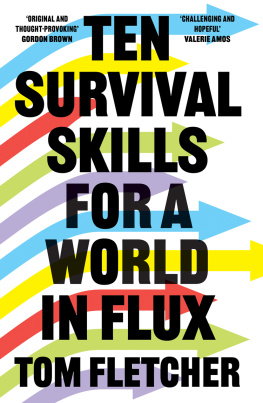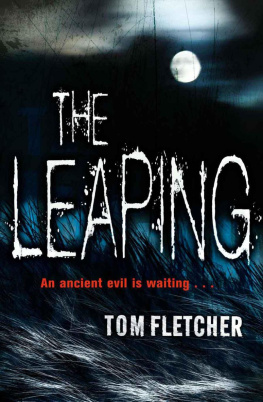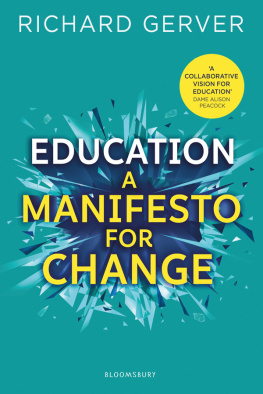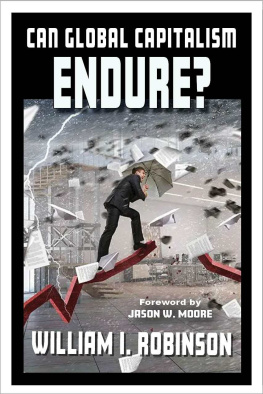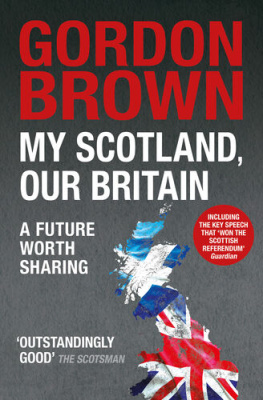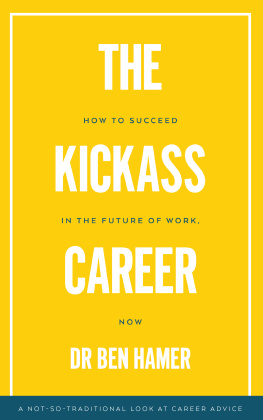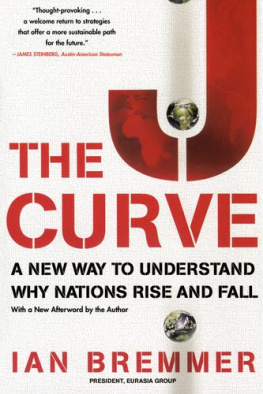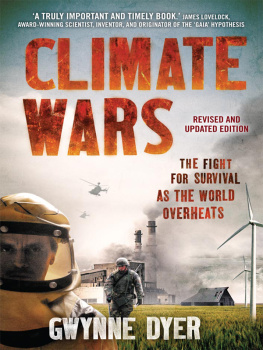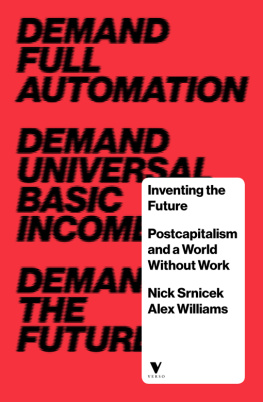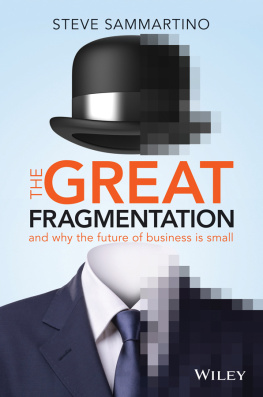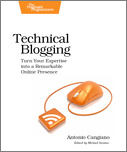William Collins
An imprint of HarperCollinsPublishers
1 London Bridge Street
London SE1 9GF
WilliamCollinsBooks.com
HarperCollinsPublishers
1st Floor, Watermarque Building, Ringsend Road
Dublin 4, Ireland
This eBook first published in Great Britain by William Collins in 2022
FIRST EDITION
Copyright Tom Fletcher 2022
Cover image Shutterstock
Cover design by Emma Pidsley
Tom Fletcher asserts the moral right to be identified as the author of this work
Refugees 2017 Brian Bilston, from You Took the Last Bus Home, reproduced courtesy of Unbound Publishing. For the Breakup of a Relationship from To Bless the Space Between Us: A Book of Blessings by John ODonohue, copyright 2008 by John ODonohue. Used by permission of Doubleday, an imprint of the Knopf Doubleday Publishing Group, a division of Penguin Random House LLC. All rights reserved.
A catalogue record of this book is available from the British Library
All rights reserved under International and Pan-American Copyright Conventions. By payment of the required fees, you have been granted the non-exclusive, non-transferable right to access and read the text of this e-book on-screen. No part of this text may be reproduced, transmitted, down-loaded, decompiled, reverse engineered, or stored in or introduced into any information storage and retrieval system, in any form or by any means, whether electronic or mechanical, now known or hereinafter invented, without the express written permission of HarperCollins.
Source ISBN: 9780008447809
Ebook Edition February 2022 ISBN: 9780008447892
Version: 2021-12-23
To my parents, Mark and Debbie.
Education pioneers.
And kind, curious, brave ancestors.
Prologue
This journey started with a question that I failed to answer.
Lebanons Bekaa Valley is one of the most beautiful places on earth. For centuries, empires have fought to exploit its fertility and control its location at the hinge between continents. Visitors have sunbathed while looking up at snow-capped mountains. Famously the Roman Empire survived on bread and circuses. The bread came from here. So did much of the wine for the circuses. The awe-inspiring ruins of the temples of Bacchus and Jupiter at Baalbek in the Bekaa Valley are testimony to the value to Roman civilisation of both.
More recently this place became a centre for the cannabis cultivation that helped fund a devastating Lebanese civil war. The tourists have since dried up, deterred by travel warnings and the yellow flags and roadblocks of Hizballah. In the Bekaa Valley, it is refugees who now dominate, the battered human overflow from conflicts in Syria, Israel/Palestine and beyond.
Our convoy had bumped along the dirt road in the evening drizzle. This was the last stop of a long day touring the bedraggled refugee camps that were now home to Syrias battered civilians.
I met Zeinab outside the small tent she shared with her extended family. The shelter had a roof made of old tobacco advertising boards. Twelve years old, she told me she had been out of formal education for four years. Her family had fled Homs, a town now pummelled to rubble by the barrel bombs of Syrian president Bashar al-Assad. Her school, home, hospital and innocence had been destroyed. With her father killed and her mother working long hours in a bakery outside the camp in which she now lived, she was bringing up her two younger siblings, including trying to teach them to read and write.
Zeinab gestured to a corner of the tent. Her youngest brother, Ahmed, was kneeling on the damp floor, drawing with a stubby black crayon. He was my sons age, eight, but malnutrition and a wariness of adults made him seem much younger. Hesitatingly, he showed me the picture: stick children and war planes. The planes were shooting stick missiles at the stick children. The stick children were either running or lying on the ground.
Food and clean water were scarce in the camp, Zeinab said. Medicine even more so. But that was not what she wanted to talk to a visiting ambassador about. Her light-brown eyes were shining at the possibility that a makeshift school might soon open up in the neighbouring camp.
I want to be an astronaut, she said.
This was not what I had expected. But it was good to have a diversion, amid the gloom. Thats brilliant, do you want to go to the moon? I mimed a rocket, fearing my Arabic might need some reinforcement.
No, she replied in accented but perfect English. I want to find safer planets for Ahmed.
I felt a wave of despair. Did I have any right to mouth the usual platitudes about dreaming big and working hard? She could do both and yet still be overwhelmed by the odds. Was it wrong to try to share any sense of hope when I knew that there was so little prospect of it being rewarded?
I stammered something about the need to keep going, to make time to study. She nodded gravely. This was clearly not the first time Zeinab had heard it from white men with photographers in motorcades, and it would not be the last. A bodyguard tapped his watch and flicked his eyes towards the cars. The Lebanese military had told us we could not plan on passing through Hizballah checkpoints after dark: an ambassador accidentally taken out in the conflict zone in which we were travelling would have exactly the chilling effect on Western engagement that the regime in Damascus sought.
Perhaps somewhere a teacher might battle exhaustion and class numbers to help Zeinab and Ahmed catch up. An NGO campaign might shift more funding from all the other life-saving priorities towards education. A Western politician might face down the corrosive drumbeat of tabloid racism and give them a chance to start again in a new country. Luck, resilience and kindness might conspire to help them defy the odds, and maybe Zeinab would get her moonshot?
But it would take a massive amount of luck, resilience and kindness.
As I turned to leave, Zeinab grabbed my sleeve. Her face was earnest. But what do I really need to learn? she asked.
What are the essential building blocks of knowledge, the ideas and values we are most fortunate to inherit from our parents, teachers and ancestors? How do we ensure that our children are prepared for a world that we cannot imagine? What do they need to know to live a good life? Each of us is a bridge, what my father calls the story bearer, between the past and the future. It is a daunting responsibility, and one for which we dont have a guidebook.
I drove away from the camp frustrated at my failure to articulate how hard these questions are for all of us, however privileged our lives are compared to those of Zeinab and Ahmed. But more importantly, furious that I had not been able to help her imagine a world in which the rockets her brother drew were aimed at the stars and not at them.
As she ducked inside the tent, Zeinab had turned back, a thoughtful grin playing at the edges of her mouth.
I will do what I have to do. Will you?
This book is my attempt to give Zeinab a better answer.
Introduction
Education is the most powerful weapon which you can use to change the world.
Nelson Mandela
This book is not about how you can be thinner, richer and smarter, though it might just help. It is not about how you or your kids can get ahead, though it might just help with that too.
Instead, this is a book about survival. As individuals, families, communities, society. It is about what we need to learn if we are to find better ways to live together, better ways to respond to the threats and opportunities we face. At a moment of flux, when so many of us feel uncertain, and when the ground beneath us feels less stable, it might help you feel a little more in control. My hope is that this is also a book that helps us become better ancestors.

